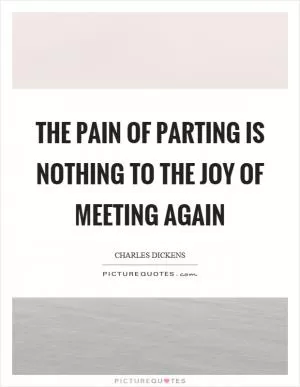Credit is a system whereby a person who can not pay gets another person who can not pay to guarantee that he can pay

Credit is a system whereby a person who can not pay gets another person who can not pay to guarantee that he can pay
In the world of Charles Dickens, the concept of credit was a double-edged sword that often led to financial ruin for many characters. Dickens, a keen observer of the social and economic inequalities of his time, frequently highlighted the dangers of relying on credit to maintain a certain standard of living.The quote, “Credit is a system whereby a person who can not pay gets another person who can not pay to guarantee that he can pay,” perfectly encapsulates the precarious nature of credit in Dickens’ novels. Characters like Mr. Micawber in “David Copperfield” or Mr. Merdle in “Little Dorrit” are prime examples of individuals who fall into the trap of borrowing beyond their means, only to find themselves drowning in debt.
Mr. Micawber, with his famous maxim “Annual income twenty pounds, annual expenditure nineteen six, result happiness. Annual income twenty pounds, annual expenditure twenty pound ought and six, result misery,” embodies the consequences of living beyond one’s means through credit. Despite his optimistic outlook and belief in “something turning up,” Mr. Micawber’s reliance on credit ultimately leads to his imprisonment for debt.
Similarly, Mr. Merdle in “Little Dorrit” is a cautionary tale of the dangers of borrowing to maintain a façade of wealth and status. His financial schemes and reliance on credit eventually lead to his downfall and suicide, leaving behind a trail of ruined lives in his wake.
Through these characters and their experiences, Dickens exposes the harsh realities of a society where credit is used as a means to keep up appearances and maintain social standing. The quote serves as a reminder that the cycle of borrowing and lending can have devastating consequences for those caught in its grip.












 Friendship Quotes
Friendship Quotes Love Quotes
Love Quotes Life Quotes
Life Quotes Funny Quotes
Funny Quotes Motivational Quotes
Motivational Quotes Inspirational Quotes
Inspirational Quotes